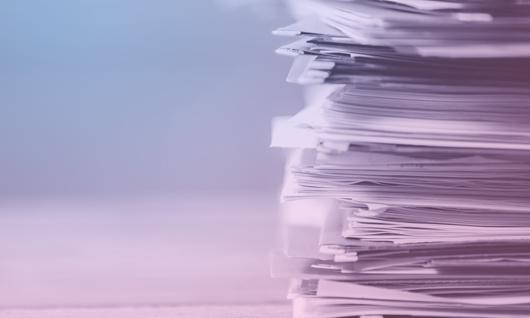Want to Boost Sustainability Reporting? Hire More Women

Women can be a force for change, for example, by helping drive more and better sustainability reporting. We explore some areas in which women are already making a difference.
During International Women’s Day 2017, UN Secretary General António Guterres pointed out that “Sustainable Development Goal 5 calls specifically for gender equality and the empowerment of all women and girls, and this is central to the achievement of all the 17 SDGs.”
Women can be powerful forces for change, and their contribution should not be understated. Fulfilling the right to gender equality may be the best shot we have to meet the challenges of our time, from climate change to internal and international conflict, to economic disparity.
The field of sustainability reporting is no different. Research has shown that when more women work in management positions within an organization, more sustainability reporting tends to be done. So it would appear that women are key in encouraging the practice of sustainability reporting, particularly in countries where there is already a higher level of gender equality.
This trend holds among sustainability professionals who have taken the GRI Standards exam. Since the launch of the online Standards Exam in July 2017, 65% of successful Exam takers have been female. And, in spite of potential gender and economic gaps, women from non-OECD countries are well-represented among the successful candidates, with 54%.
Support for reporting on gender
Of course, sustainability reporting as a practice goes beyond gender issues. However, it is true that gender inequality remains a major barrier to human development more generally and that, while much progress has been made, much remains to be done to gain true gender equality. Sustainability reporting can help by encouraging more transparency about the effects of the gender gap in value chains.
To address the main issues that affect women and girls, sustainability reporting professionals, regardless of gender, should be able to recognize the main issues that women face, the challenges to fix them, and what concrete actions are being undertaken within companies, by civil society and in the policy field. For example, quality reporting can help achieve more transparency about hiring numbers by gender, or parental leave policies, diversity and equal opportunity, and discrimination.
It is often said that raising the education level of women is one of the most effective investments for increasing wellbeing worldwide. At GRI we believe that training and education on sustainability reporting can help increase transparency, and therefore we have partnerships with trainers in 53 countries around the world. GRI also offers an online Gender Equality course. It enables reporters to make the case for action and transparency and change within and organization, and apply the GRI Standards to explore the topic.
Interested in finding out more about GRI's training opportunities? Click here to find out how to take your own expertise further.

